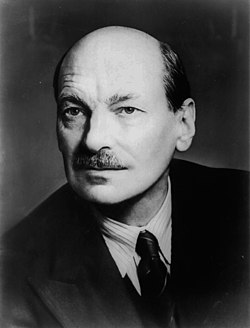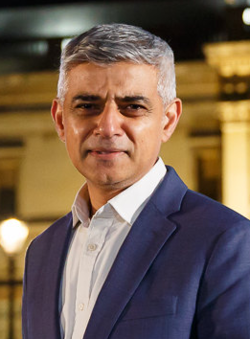
The Labour Party is a centre-left political party in the United Kingdom. Formed in 1900, it is one of the two main political parties along with the Conservative Party. In all general elections since 1918, Labour has been either the governing party or the Official Opposition. Since the 2010 general election, Labour was the second largest party in the UK for 14 years until the 2024 United Kingdom General election. Since 1918, Labour have formed 13 governments.
Contents
- Background
- National results
- UK general elections
- Devolved national elections
- Scottish Parliament elections
- Senedd elections
- Devolved regional elections
- London Assembly elections
- London mayoral elections
- Combined authority elections
- European
- European Parliament elections
- See also
- References
This article encompasses detailed results of previous UK general elections, devolved national elections in Scotland and Wales, devolved London elections and European Parliament elections which the Labour Party have participated in.



